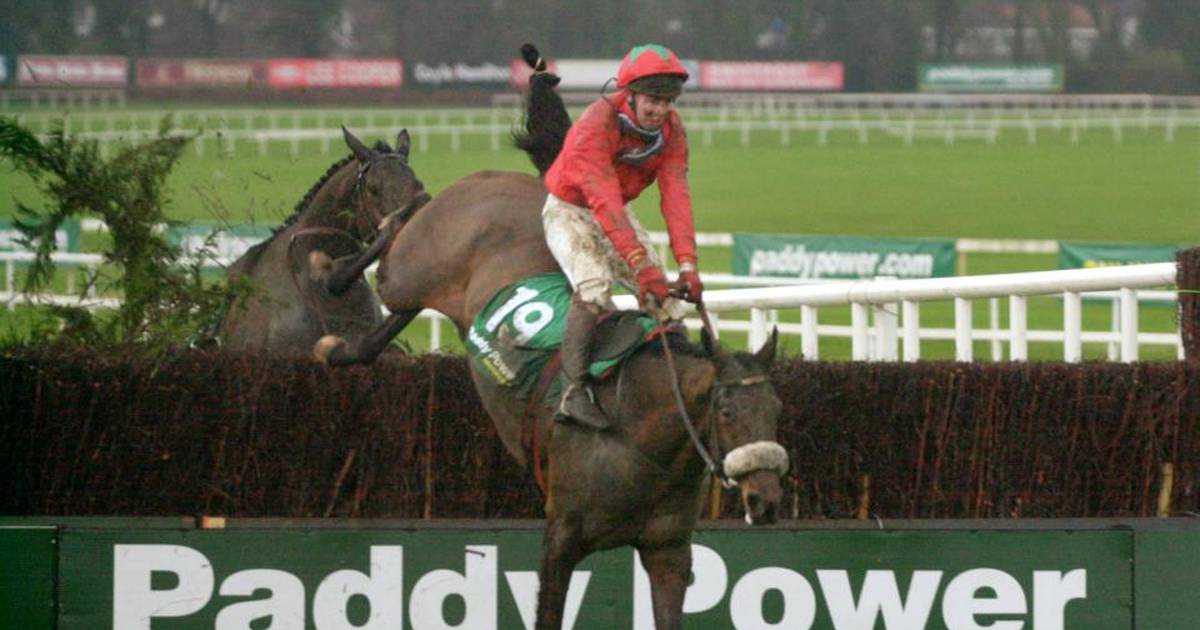
The Minister of State who has steered tough new gambling legislation through the Dáil has said only a few amendments have been made to the Bill despite a “tsunami” of lobbying from the gambling and horse racing industries.
James Browne, Minister of State at the Department of Justice, said he is confident that the Bill will conclude its passage through the Dáil on Wednesday night and become the law of the land.
The Bill is the first comprehensive legislation to regulate gambling activity and repeals Acts dating from the 1950s, 1930s and 1920s which Mr Browne said were hopelessly out of date to address a sophisticated multibillion-euro industry with a substantial online presence.
Mr Browne said the Bill survived more or less intact despite “extreme lobbying” because it attracted strong cross-party support in the Dáil. The Bill will establish a gambling regulator and authority; provide regulations on betting, gaming and certain lotteries; require all entities providing such services to register; bring in stringent rules on advertising, promotion and marketing of gambling; and have a strict prohibition on children gambling or working in the industry.
There has been significant lobbying of Mr Browne, Government Ministers, TDs and Senators since the Bill was published in 2022. In the last two quarters, more than 20 separate companies, public affairs companies and bodies associated with horse racing and gambling have submitted returns on the lobbying register about communications to politicians and officials seeking changes in the law.
They have included gambling giant Flutter (Paddy Power), Boylesports, Horse Racing Ireland, the Irish Bookmakers Association and online lottery company Lottoland.
Many have challenged the Bill’s provisions to introduce a ban on advertising gambling on TV and radio between 5.30am-9pm. In addition, there will be a ban on social media advertising unless an individual makes a decision to “opt in” to such advertising.
The major betting companies, including Flutter, have said they strongly support the Bill but oppose certain measures which they argue would be counterproductive. They include the prewatershed ban on TV and radio advertising and also a ban on “inducements” or promotions, including free bets.
Several charities have argued that they should be exempt from some of the Bill’s provisions as they will adversely impact efforts to raise money for good causes.
[ ‘Gambling is by and large a very secretive addiction’ ]
Mr Browne told The Irish Times on Wednesday that he had made some concessions. He said there would be no ban, for example, on background or incidental advertising. For example, if a UK soccer team is sponsored by a gambling company and features its logo on club gear, there will be no restrictions on broadcasting its games. Similarly, there will be no ban on showing the advertising on pitch hoarding that is seen at horse racing, soccer and other sporting events.
Mr Browne said that there will be an exemption allowed from some of the Bill’s provisions for local, charitable and sporting organisation lotteries with prizes of €10,000 or less. “My view is that most people who buy tickets for those have no interest in winning the prize but do so more to support the club,” he said.
The Minister, a TD for Wexford, said the report on gambling published by the ESRI last year brought home to him that the problem was more excessive than what most people would have considered the worst case scenarios.
“We are facing a gathering storm of gambling problems that will manifest themselves in the next two to five years,” Mr Browne said.
He said the delays in pushing the Bill through were caused by the highly technical nature of some of its provisions. “We have not had legislation since the 1950s and some of the current legislation dates back to the 1930s. We are trying to cover the emergence of artificial intelligence, the blurring of gambling and gaming, and online gambling with multiple bets in real-time across many platforms,” Mr Browne said.
[ Charities to be exempted from planned gambling advert ban ]
The Government appointed Anne Marie Caulfield as chief executive designate of the proposed Gambling Regulatory Authority in 2022. The organisation will begin overseeing the industry once politicians pass the legislation.
In a return for the summer of 2023, the Association of Irish Racehorse Owners said it wanted to “highlight to Government TDs and Senators the potential effects the proposed watershed ban within the legislation could have on the Irish racing and breeding Industry worth €2.6 billion to the Irish exchequer”.